Sustainability in farming is no longer just a passing trend; it’s an essential practice for ensuring the long-term viability of our planet. At Piedmont Harvest, we understand the pressing need to adopt sustainable farming practices that prioritize environmental health, economic stability, and social well-being. As the world faces increasing challenges such as climate change, resource depletion, and a growing population, sustainable farming techniques provide a pathway to address these issues while fostering agricultural productivity.
“At vero eos et accusamus et iusto odio dignissimos ducimus qui blanditiis praesentium voluptatum deleniti atque corrupti quos dolores et quas molestias excepturi sint occaecati cupiditate non provident”
Steve Smith
Manager
Solutions For Every Challenge
In this blog, we will explore how sustainable farming practices help reduce environmental footprints and ensure the resilience of agriculture in the face of global challenges. These techniques not only help farmers increase crop yields but also promote biodiversity, conserve water, and improve soil health. Let’s dive into the key sustainable farming techniques that Piedmont Harvest implements to create a better, more sustainable future for agriculture.
Chronic Insomnia

Solutions For Every Challenge
A wonderful serenity has take possion of my entire souing like these sweet mornng spring whch enjoy the with my whole heart I am alone, and feel the charm of existenc.the spot whch was create For then bliss of souls like mineing. It is a long established fact that a reader will be distracted by the readable content of a page when looking at its layout. The point of using Lorem Ipsum is that it has a more-or-less normal.Crop Rotation & Diversification: Preventing Soil Depletion and Enhancing Biodiversity
One of the foundational principles of sustainable farming is crop rotation and diversification. This technique involves planting different types of crops in a specific sequence over several seasons, ensuring that no single crop is grown in the same soil repeatedly. Crop rotation is an ancient practice that is widely used to prevent soil depletion and improve soil health.
By rotating crops, Piedmont Harvest helps maintain the balance of nutrients in the soil. For example, certain plants, such as legumes, fix nitrogen in the soil, replenishing the soil’s nutrient levels, while other crops, like cereals, may deplete nitrogen. When diverse crops are grown, it reduces the risk of soil erosion and increases the soil’s ability to retain moisture and nutrients.
Crop diversification goes hand-in-hand with crop rotation. This practice involves planting a variety of crops in the same space, which increases biodiversity and reduces the risk of pest outbreaks. If one crop fails due to pests or diseases, others will thrive, ensuring that the farm remains productive. This method mimics the natural ecosystem, where multiple plant species grow together, forming a balanced and resilient environment.
2. Water Conservation Methods: Drip Irrigation and Rainwater Harvesting
Water is one of the most valuable resources on Earth, and its conservation is critical for the sustainability of agriculture. Traditional farming practices often waste large amounts of water through inefficient irrigation systems. At Piedmont Harvest, we implement water-saving techniques such as drip irrigation and rainwater harvesting to reduce our water consumption while ensuring optimal crop growth.
Drip irrigation involves delivering water directly to the base of plants through a network of tubes and emitters. This method significantly reduces water wastage by minimizing evaporation and runoff, ensuring that water is used efficiently. Drip irrigation also helps improve plant health, as it provides a consistent and controlled water supply, reducing the risk of overwatering or underwatering.
In addition to drip irrigation, Piedmont Harvest also utilizes rainwater harvesting systems to collect and store rainwater for irrigation. This sustainable farming method helps reduce the demand on local water supplies and lowers water costs. By capturing rainwater, we reduce our reliance on municipal water systems, which can be particularly beneficial in areas that experience periodic droughts.
3. Soil Health & Fertilization: Organic and Natural Fertilizing Techniques
Soil health is the cornerstone of any successful farming operation. Healthy soil supports plant growth, enhances biodiversity, and filters water. However, conventional farming practices often rely on synthetic fertilizers and pesticides that degrade soil quality, harm beneficial microorganisms, and pollute water sources. At Piedmont Harvest, we are committed to using organic and natural fertilizing techniques that protect soil health and reduce our dependence on chemicals.
Organic fertilizers, such as compost and manure, are rich in nutrients that improve soil structure and stimulate microbial activity. These fertilizers not only provide essential nutrients to plants but also enhance the soil’s water retention capacity, making it more resilient to drought conditions. Additionally, organic fertilizers improve soil aeration, promoting healthy root development and preventing soil compaction.
We also use natural pest control methods, such as introducing beneficial insects and employing crop rotation to reduce pest infestations. By avoiding synthetic pesticides, we create a healthier environment for pollinators, such as bees, which are vital to the success of many crops.
4. The Environmental and Economic Benefits of Sustainable Farming
The adoption of sustainable farming practices offers numerous benefits for both the environment and the economy. By reducing the reliance on harmful chemicals, conserving water, and improving soil health, sustainable farming minimizes the environmental footprint of agricultural operations. This helps preserve ecosystems, protect biodiversity, and reduce the carbon footprint of food production.
Economically, sustainable farming can be more cost-effective in the long run. By focusing on soil health, water conservation, and pest management, farms can reduce input costs, such as purchasing chemical fertilizers and pesticides. Additionally, sustainable farming practices often lead to higher yields, as healthier soils and more diverse ecosystems support plant growth. Farmers who adopt these practices may also gain access to premium markets, such as organic food certification, which can increase the profitability of their crops.
Conclusion
Sustainable farming practices are essential for ensuring the future of agriculture. By adopting techniques such as crop rotation and diversification, water conservation methods like drip irrigation and rainwater harvesting, and organic fertilization practices, Piedmont Harvest is able to produce healthier crops, improve yields, and contribute to a more sustainable agricultural system. These practices not only help preserve the environment but also support the long-term viability of farming and the well-being of future generations.

